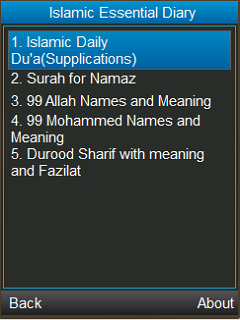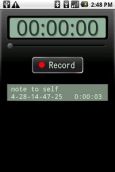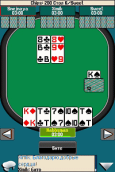Categories: Programming & Development
Search by Device

Search by Category
- Business & Profession
- Databases
- Dictionary & Translator
- Entertainment
- Finance
- Games
- Healthcare & Medicine
- Internet & Communications
- Multimedia & Graphics
- Organisation & Productivity
- Programming & Development
- Reading
- Science & Education
- System Utilities
- Themes & Wallpapers & Skins
- Travel & Navigation
Kutil 1.0.3
Kutil is a toolbox used especially by...
Search by Device

Search by Category
- Business & Profession
- Databases
- Dictionary & Translator
- Entertainment
- Finance
- Games
- Healthcare & Medicine
- Internet & Communications
- Multimedia & Graphics
- Organisation & Productivity
- Programming & Development
- Reading
- Science & Education
- System Utilities
- Themes & Wallpapers & Skins
- Travel & Navigation








